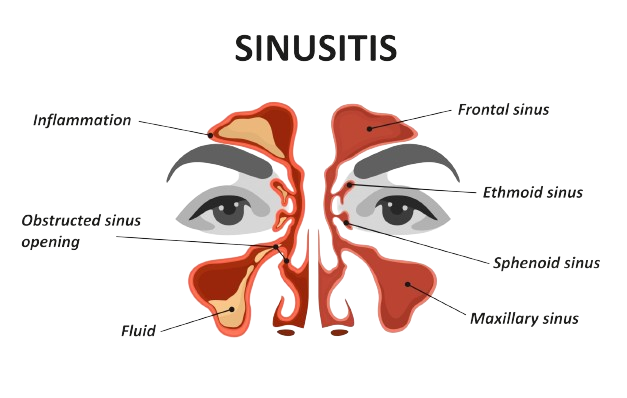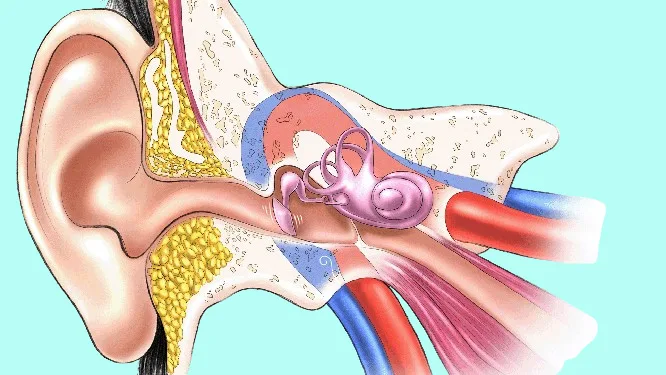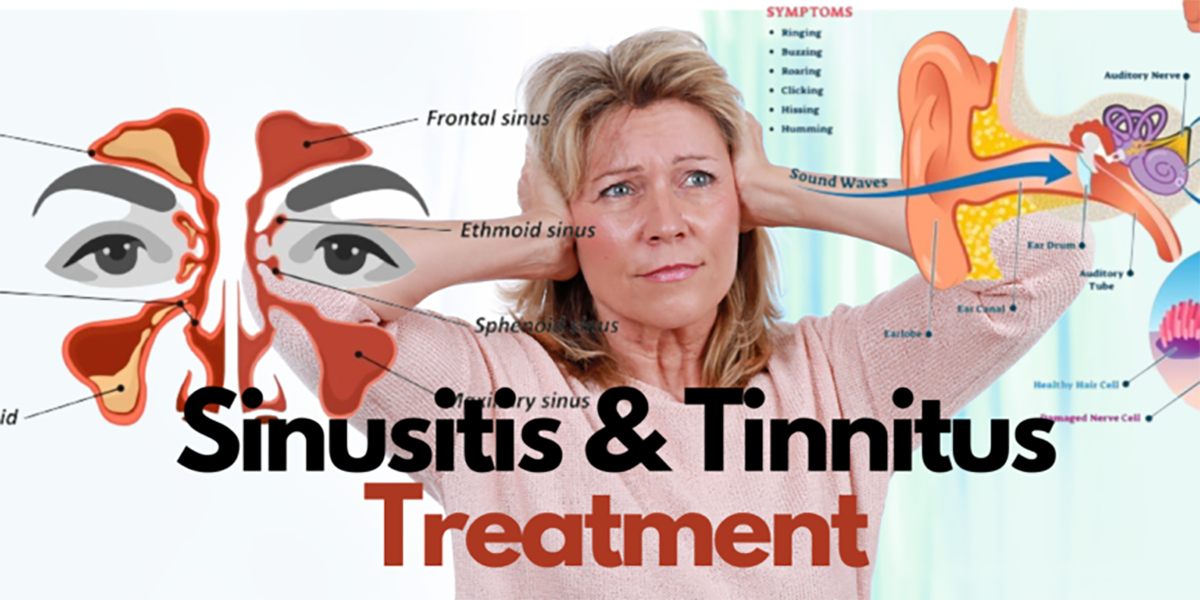![]()
Exploring Sinus Problems and Ear Ringing: Your Comprehensive Guide
Introduction
In this comprehensive guide, we’ll explore two common health issues: sinusitis and tinnitus treatment. Let’s delve into their causes, symptoms, and treatment options to gain a better understanding.
Sinusitis is a condition characterized by inflammation or infection of the sinus cavities, which are the air-filled spaces in the skull bones around the nose and eyes. When these cavities become blocked or infected, it can lead to symptoms such as nasal congestion, facial pain or pressure, thick nasal discharge, cough, and headache.

Understanding Sinusitis
Sinusitis, also known as rhinosinusitis, occurs when the sinus cavities become inflamed or infected. This condition can lead to sinus congestion, facial pain, and nasal discharge. It’s essential to recognize the symptoms of sinusitis, such as nasal congestion, facial pressure, and thick nasal discharge.
Causes and Symptoms of Sinus Problems
Numerous things, such as viral infections, allergies, or anatomical anomalies in the nasal passages, may cause sinusitis. Common symptoms include nasal congestion, facial pain or pressure, and a reduced sense of smell. It’s crucial to seek medical attention if you experience persistent sinus symptoms or severe facial pain.
Treatment Options for Sinus congestion
Treatment for sinusitis depends on its underlying cause and severity. It may include nasal decongestants, saline nasal irrigation, or antibiotics for bacterial infections. In some cases, surgery may be necessary to improve sinus drainage and alleviate symptoms.
Exploring Tinnitus: Understanding Ear Ringing
Tinnitus, often described as ringing in the ears, is a common symptom of an underlying condition rather than a disease itself. It can manifest as ringing, buzzing, or hissing sounds in one or both ears. Understanding the causes and triggers of tinnitus is essential for effective management.

Causes and Symptoms of Ear Ringing
Many conditions, such as inner ear problems, severe noise exposure, and age-related hearing loss, may result in tinnitus. Common symptoms include persistent ear ringing, difficulty concentrating, and sleep disturbances. If you experience persistent tinnitus, it’s crucial to consult an ear specialist for evaluation and management.
Treatment Options for Ear buzzing
While there is no cure for tinnitus, several treatment options can help manage symptoms and improve quality of life. These options include sound therapy, cognitive-behavioral therapy, or medication to alleviate anxiety or depression associated with tinnitus. Exploring various treatment modalities is essential to finding what works best for you.
Sinusitis and Tinnitus Treatment
Sinusitis and tinnitus treatment aims to alleviate symptoms and improve quality of life. The treatments include medications, antibiotics, and nasal irrigation. Tinnitus treatments include sound therapy, cognitive behavioral therapy, medications, and lifestyle modifications. Consultation with a healthcare professional is essential for a proper diagnosis and personalized treatment recommendations.
Conclusion
Sinusitis and tinnitus are common health issues that can significantly impact daily life. By understanding their causes, symptoms, and treatment options, individuals can take proactive steps to manage these conditions effectively. Remember to seek medical advice if you experience persistent or severe symptoms to ensure a proper diagnosis and treatment.
(FAQ) About Sinusitis and Tinnitus
-
What is sinusitis?
- Sinusitis, also known as a sinus infection, is the inflammation or infection of the sinus cavities, which are air-filled spaces in the skull bones around the nose and eyes.
-
What are the symptoms of sinusitis?
- Common symptoms of sinusitis include nasal congestion, facial pain or pressure, thick nasal discharge, cough, and headache.
-
How is sinusitis treated?
- Treatment for sinusitis may include nasal decongestants, saline nasal irrigation, antibiotics (for bacterial infections), pain relievers, nasal corticosteroids, or in some cases, surgery to improve sinus drainage.
-
What is tinnitus?
- Tinnitus is the perception of noise or ringing in the ears when no external sound is present. It can manifest as ringing, buzzing, hissing, or other sounds.
-
What are the symptoms of tinnitus?
- Symptoms of tinnitus include persistent ear ringing, difficulty concentrating, sleep disturbances, and anxiety or depression.
-
Can sinusitis lead to tinnitus?
- Sinusitis and tinnitus can sometimes be related, especially if sinusitis causes inflammation or fluid buildup in the inner ear, affecting hearing and leading to tinnitus.
-
When should I see a doctor for sinusitis or tinnitus?
- It’s essential to consult a healthcare professional if you experience persistent or severe symptoms of sinusitis or tinnitus, or if these conditions significantly affect your quality of life. A doctor can provide proper diagnosis and recommend appropriate treatment options.
Read more: 12 Possible Causes of Ringing in Ears, Dizziness, Pressure in Head
- It’s essential to consult a healthcare professional if you experience persistent or severe symptoms of sinusitis or tinnitus, or if these conditions significantly affect your quality of life. A doctor can provide proper diagnosis and recommend appropriate treatment options.

























Add Comment